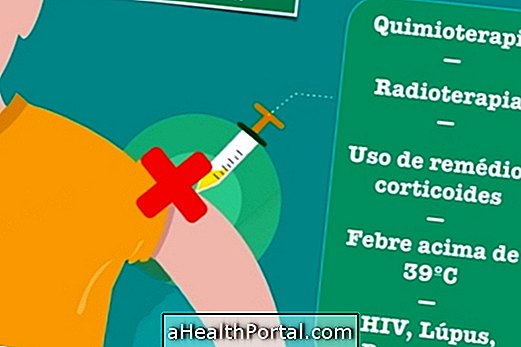Rabies is a viral infection of the brain that causes irritation and inflammation of the brain and spinal cord.
The transmission of rabies is by the bite of the animal infected with the disease virus because this virus is present in the saliva of infected animals, and although extremely rare, rabies can also be acquired through the breathing of infected air.
Although dogs are often the source of infection, also cats, bats, raccoons, hamsters, foxes and other animals may be responsible for the transmission of rabies.
Here's what to do next video if bitten by a dog or cat:

Symptoms of rabies
In most cases the symptoms of anger begin with a short period of mental depression, agitation, feeling sick and fever, but in some cases anger begins with paralysis of lower limbs that extends throughout the body.
Agitation increases to uncontrollable arousal and the individual produces a large amount of saliva. Spasms of the throat and vocal tract muscles can be extremely painful.
Symptoms usually begin 30 to 50 days after infection, but the incubation period ranges from 10 days to more than one year. The incubation period is usually shorter in individuals who have been bitten on the head or trunk or who have suffered many bites.
Treatment for rabies
Immediate treatment of a wound produced by an animal bite is the best preventive measure. The contaminated area should be thoroughly cleansed with soap, even when the individual who has been bitten has already been vaccinated, and the risk of contracting the rabies is lower because there is no specific treatment for rabies.
How to protect yourself
The best way to protect yourself from rabies is to avoid animal bites, but most importantly, all animals take the anti-rabies vaccine in the vaccination campaigns offered by the Brazilian government.
Vaccination provides some degree of permanent protection to most individuals, but antibody concentrations decrease over time and individuals at high risk for new exposures should receive booster vaccination every 2 years but after the onset of symptoms, no vaccine or immunoglobulin against rabies seems to have an effect.
When an individual is bitten by an animal and has symptoms of encephalitis, which is a progressive inflammation of the brain, the probable cause is anger. A skin biopsy may reveal the virus.


























